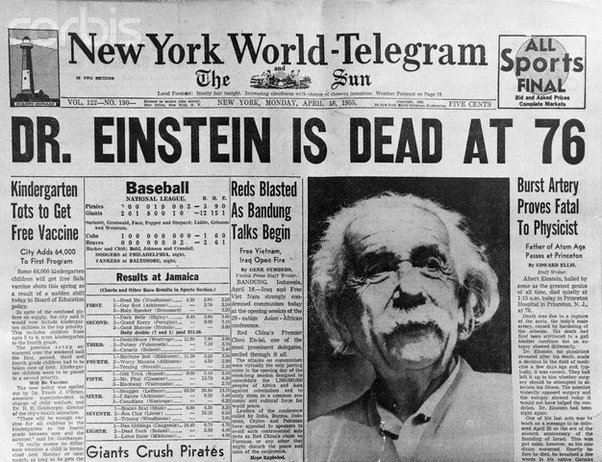The scientific landscape indeed boasts a multitude of brilliant minds, each contributing significantly to our understanding of the cosmos. Undoubtedly, Stephen Hawking’s prominence in popular science was amplified by his extraordinary resilience in the face of physical limitations. His seminal works, such as the concept of Hawking radiation, stand as pillars in the realm of theoretical physics, captivating the imagination of both scientists and the general public alike.
However, it’s undeniable that the narrative surrounding Hawking’s fame extends beyond his scientific theories. His physical condition, defying the odds and continuing his scientific pursuits despite immense physical constraints, undoubtedly played a role in elevating him to the status of a household name. While Hawking’s contributions to science are commendable and have left an indelible mark on our understanding of the universe, it’s plausible that his widespread recognition owes a considerable debt to his struggles and triumphs.

Conversely, Albert Einstein’s legacy as the preeminent scientist of the modern era stands on the bedrock of his groundbreaking theories of special and general relativity. The sheer magnitude of Einstein’s contributions to physics fundamentally reshaped our understanding of space, time, and gravity. The implications of his theories reverberate through generations, serving as the cornerstone for countless scientific explorations into the cosmos.
Moreover, it’s crucial to acknowledge the immense impact of Werner Heisenberg’s uncertainty principle, a concept that introduces an unparalleled complexity into the fabric of quantum mechanics. Heisenberg’s intricate mathematical formulations, culminated in ∆x.∆p = h/4π, highlight the intricate nature of the universe at its most fundamental level. This principle challenges the very notion of certainty in the realm of quantum physics, revolutionizing our comprehension of the microscopic world.
While Heisenberg’s uncertainty principle stands as a testament to the intricacies of quantum mechanics and its profound implications, it would be remiss to overlook Einstein’s unparalleled influence on the scientific landscape. Einstein’s theories, particularly those of relativity, opened doorways to uncharted territories in physics, fostering a cascade of discoveries and paving the way for myriad scientific explorations into the depths of the cosmos.
In the grand tapestry of scientific achievements, while acknowledging the pivotal contributions of Hawking and Heisenberg, many would still consider Albert Einstein’s groundbreaking insights and their transformative impact on our understanding of the universe as unparalleled, cementing his position as one of the greatest scientists in history.
